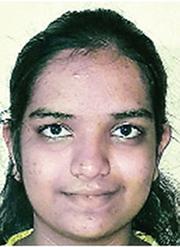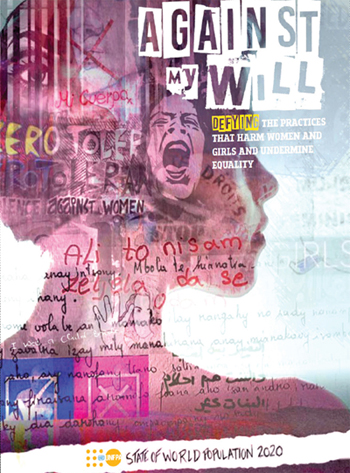
Corporate Citizen Claps For Students who are Scripting their Academic dreams despite the ‘Odds’ in their lives
 Gaurish Rajguru
Gaurish Rajguru Prerna Gaikwad
Prerna GaikwadAnd they come from all quarters of our country’s ‘left-out’ diaspora. First generation learners, these children belong to communities of waste pickers, street hawkers, garment factory workers or ‘anganwadi’ helpers, with an eye to fulfilling their dreams and break the vicious cycle of poverty surrounding their existence. The grit and determination of these children defeats all ‘notions’ of paid success formulae or private tutorials in cracking the HSC certification, the CBSE or ICSE board exams. Of the 55 children, representing waste pickers associated with the Kagad Kach Patra Kashtakari Panchayat (KKPKP), who appeared for the HSC exams, 47 have cleared the exam with eight students securing over 70% marks. Amongst the 30 girls and 25 boys who took the exams this year, Gaurish Sanjay Rajguru and Avinash Devidas Walhekar, both secured the highest scores with 78% in the Arts stream. Pradnya Santosh Kamble and Prerna Lala Gaikwad aced the scores with 76.7% and 76.3 % respectively in the Commerce stream. Swati Laxman Borade (72.61% - Commerce), Ajay Ashok Pandit (71.38% - Arts) and Manisha Tatya Sonavane (70% - Commerce), also represent achievers from the KKPKP community. Pune-based KKPKP is a trade union of 10,000 waste collectors operating in the city and PCMC. Mirroring such achievements are other marginalised students like Vaishnavi, with 92.6% marks in the Class 10 CBSE exams. Residing in the Bhajanpura pocket of New Delhi, the 14-year-old has been running a shop in her house to support her family. She dreams of an ‘angrezi medium’ education for pursuing an engineering degree. Mehak Shahid, 17 and Bhawani Kumari, 15, both daughters of street hawkers have scored 95.1% and 92% marks respectively in their 10th CBSE exams. Mehak is keen on switching from her Lal Kuan government school in Delhi, to one that helps her take up science. Bhawani Kumari, daughter of an ‘anganwadi’ helper has had to divide her time between studies and looking after her two younger siblings. Mehrauli boy, Mohammad Sahil, 16, who scored 83%, has been tutoring neighbourhood kids to supplement his mother’s income as a garment factory worker to feed his family of five. Education is that leveller that beckons social presence a hope from rags to riches!
Corporate Citizen Slaps all Practices that Undermine Social Equality for Women Resulting in nearly 4.6 crore Women who are ‘Missing’ as part of the Indian Demographics for 2020

A recently released report by the United Nations Population Fund (UNFPA) - ‘Against My Will – Defying the practices that harm women and girls and undermine equality’, stated that deep rooted sex selection practices and preferences for male heir in India accounts for almost one-third (32.1%) of the total worldwide 142.6 million missing females. “Between 2013 and 2017, about 460,000 girls in India were ‘missing’ at birth each year. Analysis confirms that, gender-biased sex selection accounts for about two-thirds of the total missing girls, and post-birth female mortality accounts for about one-third,” the report said. Despite ‘Beti Bachao’ campaign run by the government, India continues to be one of the most unsafe countries for women, right from the moment they are born or conceived. Data collected by the State of World Population (SWOP) Report 2020 by UNFPA states that the sex ratio at birth for the years 2016-2018 is a miserable 899 girls per every 1,000 boys. This ratio fell below 900 in nine states - Maharashtra, Punjab, Bihar, Haryana, Uttarakhand, Delhi, Gujarat, Rajasthan, and Uttar Pradesh. The data is in contrast with the sex ratio recorded by the 2011 Census of India which was 940 girls per 1000 boys. “Change can only come about by transforming unequal power relations, structures and norms to ensure value for women and girls. We need to move towards a world based on principles of equality, autonomy, and choice,” she said. The UN report has called for a fresh assessment of challenges amid the Covid-19 pandemic that endangers women’s reproductive health, their independence and child sex ratio in India. The need is to mobilise creating an environment of equality and equal opportunities. This long-standing requirement can help women gain assistance and help in changing the perception of male preference in both rural and urban society. A vision to dream a little dream for all!